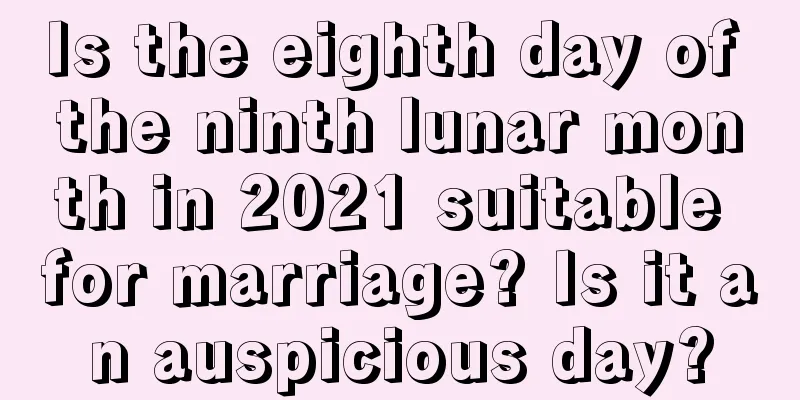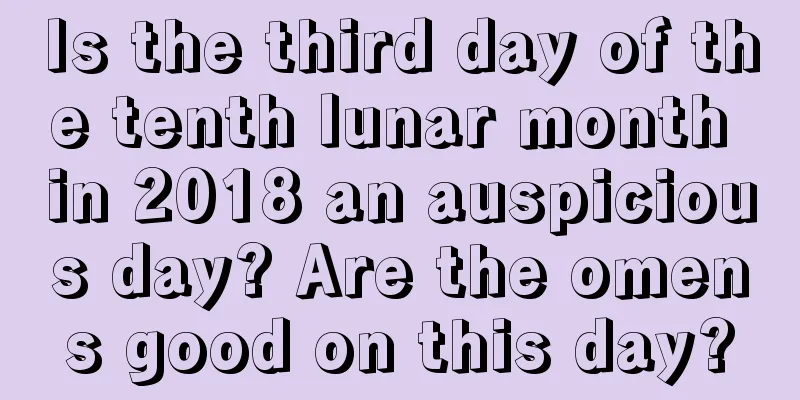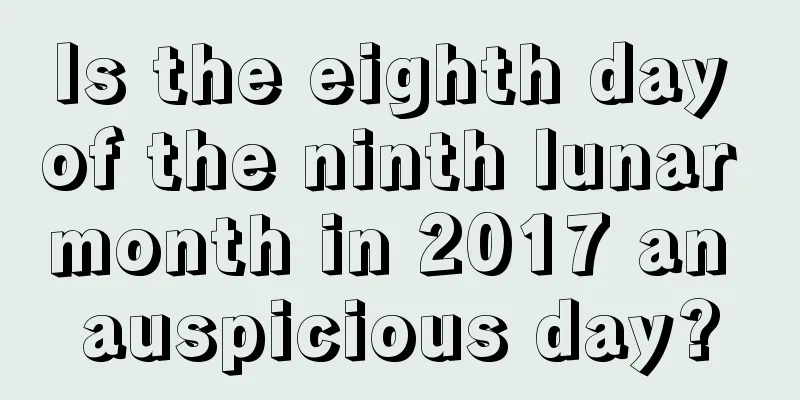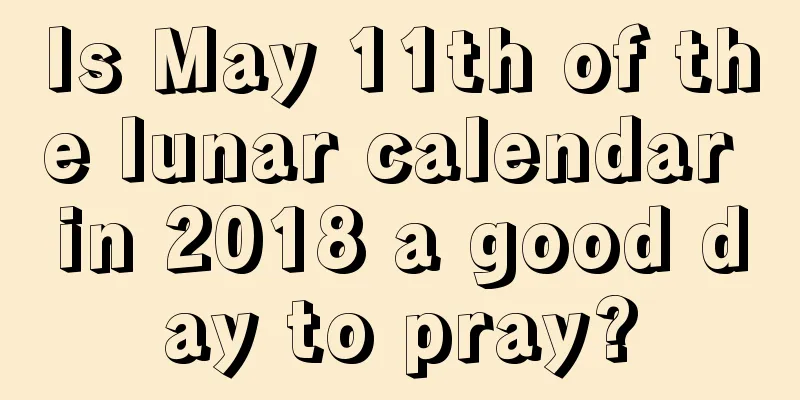What is the origin of New Year’s Day? What is New Year's Day celebrated for?

:We all know that January 1st every year is New Year's Day, the first day of the new year, so what is the origin of New Year's Day? What is New Year's Day celebrated for? Let’s take a look at the following content!What is the origin of New Year’s Day?"Yuan" means beginning and "Dan" means dawn. New Year's Day (New Year) is the first day of the year, also known as the "New Year" and "Gregorian Year". New Year's Day is also known as "Sanyuan", namely the first day of the year, the first day of the month, and the first day of the hour.In 1911, the Xinhai Revolution led by Sun Yat-sen overthrew the rule of the Qing Dynasty and established the Republic of China. In order to "follow the Xia calendar to follow the agricultural season and the Western calendar to facilitate statistics", the Gregorian calendar was decided to be used in the first year of the Republic of China (actually used in 1912), and January 1 of the Gregorian calendar was designated as "New Year", but it was not called "New Year's Day". The "New Year's Day" we are talking about today was on September 27, 1949, when the First Plenary Session of the Chinese People's Political Consultative Conference decided to establish the People's Republic of China and also decided to adopt the world-wide Gregorian calendar. January 1 of the Gregorian calendar was officially designated as "New Year's Day" and the first day of the first lunar month was changed to "Spring Festival". What is New Year's Day celebrated for?New Year's Day celebrates the beginning of the new year, and celebrating New Year's Day can be said to be a New Year's Day custom in all countries and regions around the world. In our country, New Year's Day is also included as a legal holiday. my country and most countries and regions in the world adopt the Gregorian calendar and designate January 1 as the beginning of the new year, called "New Year's Day." my country does not attach as much importance to New Year's Day as the New Year, so the general custom of Chinese New Year's Day is to post "Happy New Year's Day". Since New Year's Day was born during the Republic of China period and evolved from the Spring Festival, when China first began to celebrate New Year's Day, the customs and habits of the celebration were of course mostly similar to those of the Spring Festival, or a smaller version of the Spring Festival. Related legendsChina's New Year's Day originated from Zhuanxu, one of the Three Sovereigns and Five Emperors, and has a history of more than 5,000 years. Legend 2: More than 4,000 years ago, during the prosperous era of Yao and Shun, Yao was diligent in his work and did many good things for the people. He was loved by the people. However, because his son was not talented and not very capable, he did not pass the leadership of the "tribal alliance" to his son, but passed it to Shun, who was both virtuous and talented. Yao said to Shun, “You must pass the throne well in the future, so that I can rest in peace after my death.” Later, Shun passed the throne to Yu, who had made great contributions to flood control. Yu, like Shun, was close to the people and did many good things for the people, and was very loved. Later, people regarded the day when Emperor Shun offered sacrifices to the heaven and earth and the former Emperor Yao after Yao's death as the beginning of the year, and called the first day of the first lunar month "New Year's Day", or "Yuan Zheng". It is said that this is the origin of the ancient "New Year's Day". |
Recommend
What are the ways to prevent diseases during the Grain Rain solar term?
Grain Rain is the last solar term in spring. Durin...
What age does Women's Day refer to? Is Women's Day Goddess Day?
Speaking of Women's Day, I believe many of my ...
Is it a good idea to get married on the ninth day of the seventh lunar month in 2017? Can I get engaged?
1. What day is the ninth day of the seventh lunar...
Is the 20th day of the fifth lunar month in 2019 a suitable day to pick up the car?
Midsummer is the time when pomegranate flowers ar...
Is the first day of the third lunar month in 2021 suitable for ancestor worship and tomb sweeping? Is it a good day?
March is also called Chenyue, Jichun, Peachyue, To...
Is November 22, 2018 an auspicious day for the Minor Snow? How many days are left until the Minor Snow of 2018?
Introduction: Every day unfolds differently, and e...
2019 April 7th auspicious time, good and bad time query
The weather starts to get hot in the fourth month...
Check the lunar calendar for April 15th, 2018. Is it a good day?
The fourth month of the lunar calendar has alread...
Is the 24th day of the sixth lunar month in 2019 suitable for signing a contract?
In mid-June, people hope to bid farewell to the ho...
What zodiac sign does the second day of the ninth lunar month in 2022 belong to and what is your personality like?
Everyone has his or her own zodiac sign when they ...
What are the clever uses of the Feng Shui compass?
Introduction: When it comes to the compass, everyo...
The auspicious and unlucky time of the 25th day of the twelfth lunar month in 2019
The auspicious and inauspicious times are on the ...
The start and end time of Cold Dew in 2020, and the management of agricultural vegetables during Cold Dew
Introduction: The start and end time of Cold Dew a...
What are the characteristics of light snow weather? Tips for keeping warm during the Xiaoxue in 2020
Xiaoxue is the 20th solar term in the 24 solar ter...
Is November 25th of the lunar calendar 2020 a good date?
The days are short and the stars are bright, mark...









